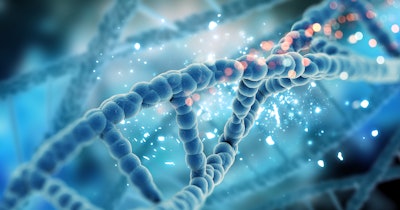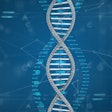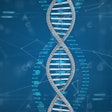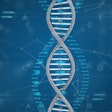
Bionano Laboratories on Wednesday announced results from the first study to evaluate the utility of optical genome mapping (OGM) for identifying structural variants (SVs) that are potentially relevant to the diagnosis of Mayer-Rokitansky-Kuster-Hauser (MRKH) syndrome, a genetic disorder that causes underdevelopment of the female reproductive system.
MRKH results in the absence or underdevelopment of female reproductive organs; a secondary type of the disorder is also associated with skeletal, auditory, and cardiac valve abnormalities. While MRKH itself is a comparatively rare disorder, it is one of the forms of Müllerian agenesis, which affects 1 in 4,500 females worldwide.
The study, published last month in Human Genetics, used OGM to analyze samples from 87 participants with MRKH. Because there is evidence of a hereditary component to the disorder, samples from 47 parents of the participants with MRKH were analyzed as well. The researchers hypothesized that genome-wide SV analysis could identify SVs relevant to the development of MRKH.
In the study, the authors mentioned the limitations of current cytogenic methods in their decision to use OGM, which they cited for its resolution and sensitivity.
The results using OGM included the detection of 33 SVs potentially involved in MRKH, and the identification of mosaicism in 21.4% of confirmed variants. Furthermore, the researchers were able to identify for the first time a study participant with MRKH who had mosaicism for trisomy 12, which may confirm a genetic driver thought to be linked to MRKH. The results were confirmed with quantitative polymerase chain reaction (PCR) or single nucleotide polymorphism (SNP) arrays, with additional confirmation by karyotype (KT) and fluorescent in situ hybridization (FISH).
“We are pleased to see the first study to use OGM to investigate possible genetic causes of MRKH, which is a rare disease which impacts female fertility and that has long challenged the research community,” Erik Holmlin, PhD, president and CEO of Bionano, said in a statement.



















